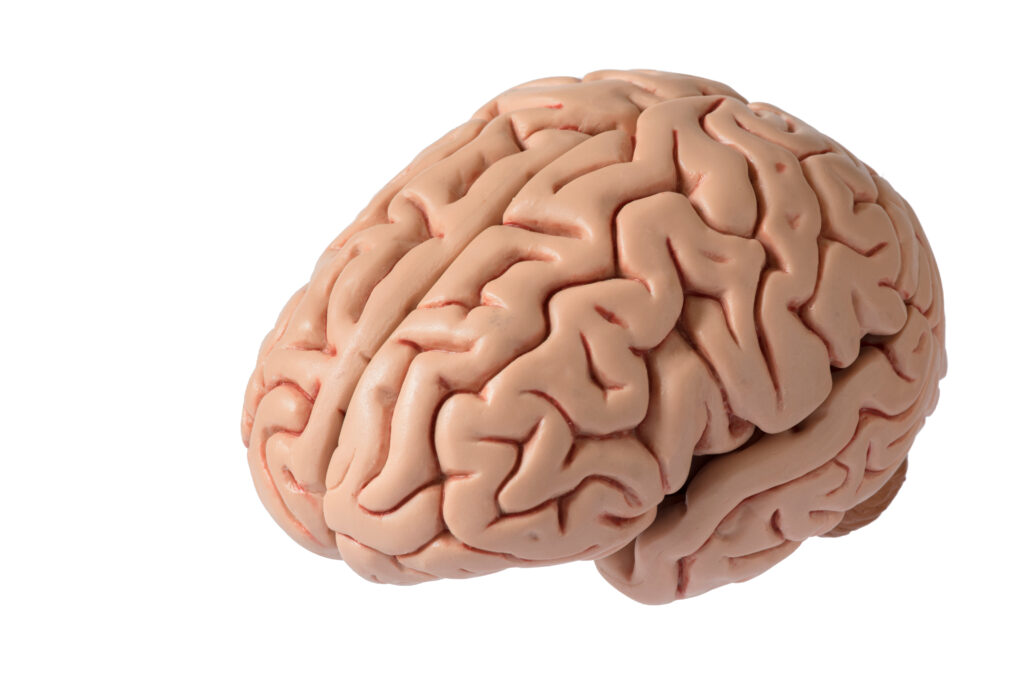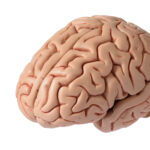### How Omega-3 Fatty Acids Protect Against Brain Aging
As we age, our brains naturally undergo changes that can affect our memory, cognitive function, and overall well-being. One of the most effective ways to support brain health and potentially slow down brain aging is through the consumption of omega-3 fatty acids. In this article, we will explore how omega-3s protect against brain aging and why they are essential for maintaining a sharp, healthy mind.
### What Are Omega-3 Fatty Acids?
Omega-3 fatty acids are a type of healthy fat that is crucial for brain function. There are three main types of omega-3s: alpha-linolenic acid (ALA), eicosapentaenoic acid (EPA), and docosahexaenoic acid (DHA). DHA and EPA are particularly important for brain health because they are essential components of brain cell membranes, which help neurons communicate effectively[2][4].
### How Do Omega-3s Support Brain Health?
1. **Brain Cell Membranes**: Omega-3s, especially DHA, are integral to the structure of brain cells. They help maintain the fluidity of cell membranes, ensuring that neurons can function properly and communicate effectively[2][4].
2. **Anti-Inflammatory Effects**: Omega-3s have anti-inflammatory properties, which can help reduce inflammation in the brain. Chronic inflammation is linked to various cognitive issues, including Alzheimer’s disease. By reducing inflammation, omega-3s can protect brain cells from damage[4].
3. **Cognitive Function**: Omega-3s have been shown to improve cognitive function, particularly in older adults. Studies have found that DHA supplementation can enhance memory and learning abilities, as well as support overall cognitive well-being[2][3].
4. **Neurological Development**: Omega-3s play a critical role in fetal and infant brain development. Maternal intake of DHA and EPA during pregnancy has been linked to improved cognitive development in children, highlighting the importance of omega-3s from early life stages[2].
### Benefits for Older Adults
As we age, our brains naturally undergo changes that can lead to cognitive decline. Omega-3s, particularly DHA, have been shown to support brain health in older adults by:
1. **Slowing Memory Decline**: Daily supplementation with DHA has been found to improve memory and learning abilities in older adults. This suggests that DHA can help mitigate age-related memory decline[2][3].
2. **Reducing Risk of Alzheimer’s**: Higher intake of omega-3s has been linked to a lower risk of Alzheimer’s disease. This is particularly beneficial when symptoms are mild, as it may help slow the progression of the disease[2][3].
### Practical Tips for Incorporating Omega-3s
Incorporating omega-3s into your diet is straightforward and can be done through various means:
1. **Fatty Fish**: Fatty fish like salmon and mackerel are rich in DHA and EPA. Including these in your diet can provide a natural source of omega-3s[2][3].
2. **Supplements**: If you are not a fan of fish or need a higher dose, consider taking omega-3 supplements. Experts recommend 250-500 mg of combined EPA and DHA per day for optimal brain function, though some studies suggest up to 1,000 mg daily for those with cognitive concerns[3].
3. **Plant-Based Sources**: While fish is a rich source, plant-based options like flaxseeds, chia seeds, and walnuts also contain ALA, which can be converted into DHA and EPA in the body[2].
### Conclusion
Omega-3 fatty acids are essential for maintaining brain health at every stage of life. By supporting brain cell membranes, reducing inflammation, and enhancing cognitive function, omega-3s play a multifaceted role


